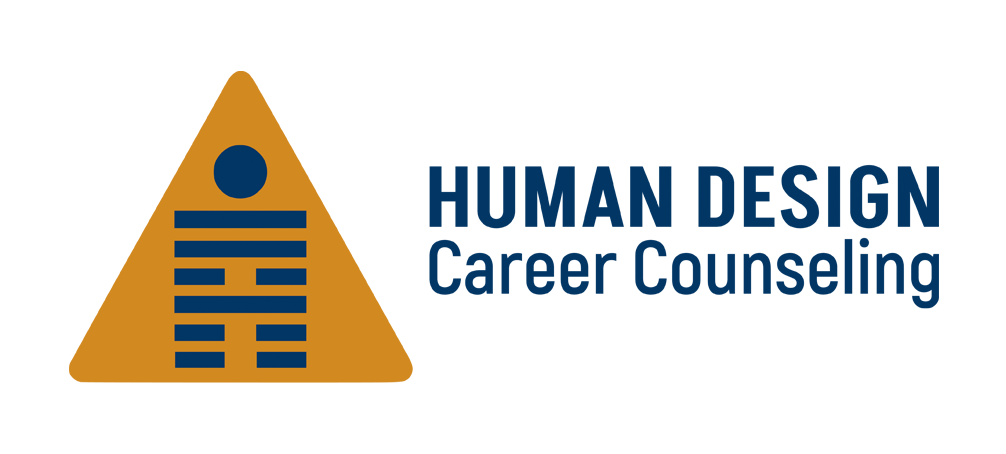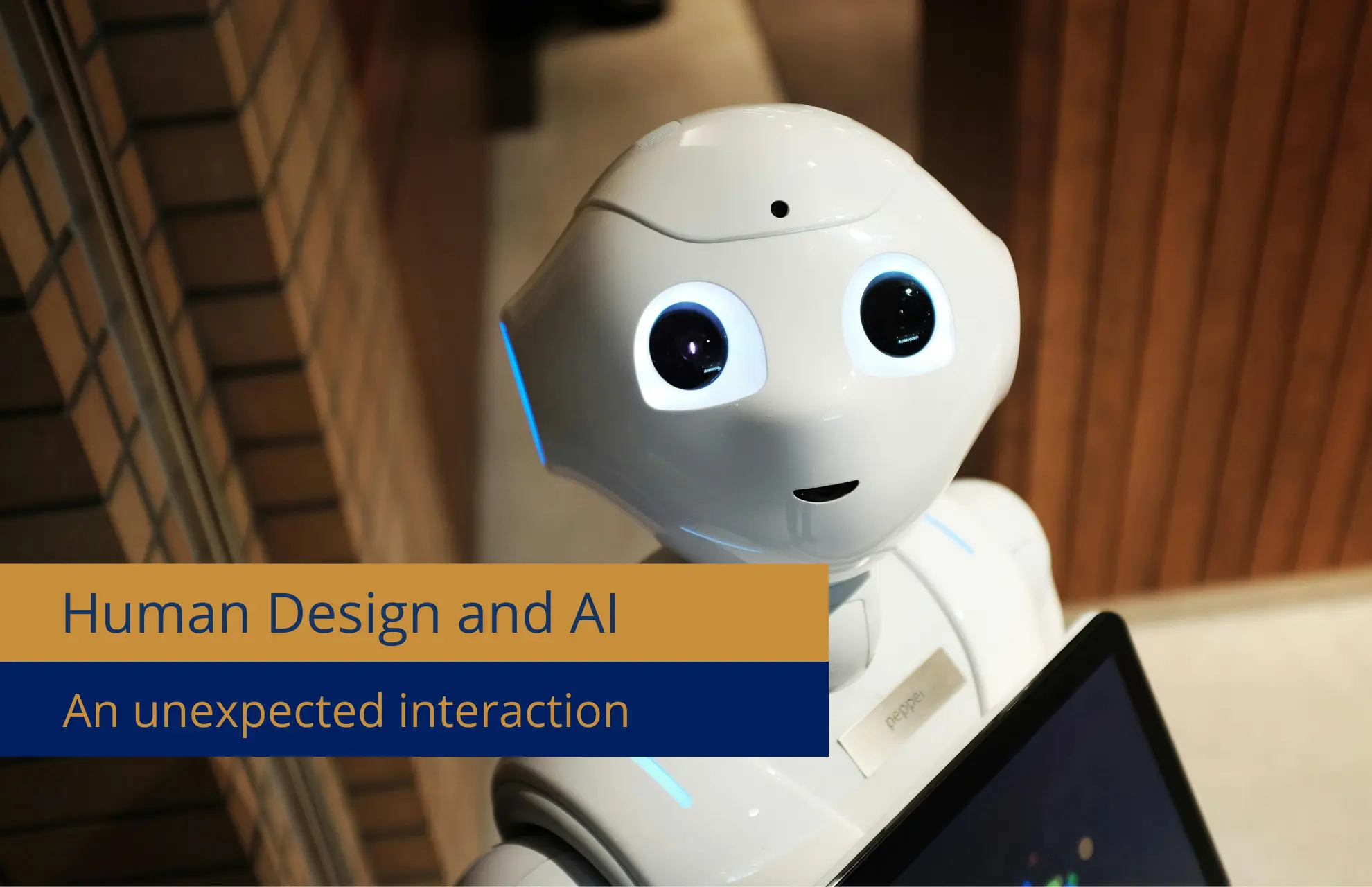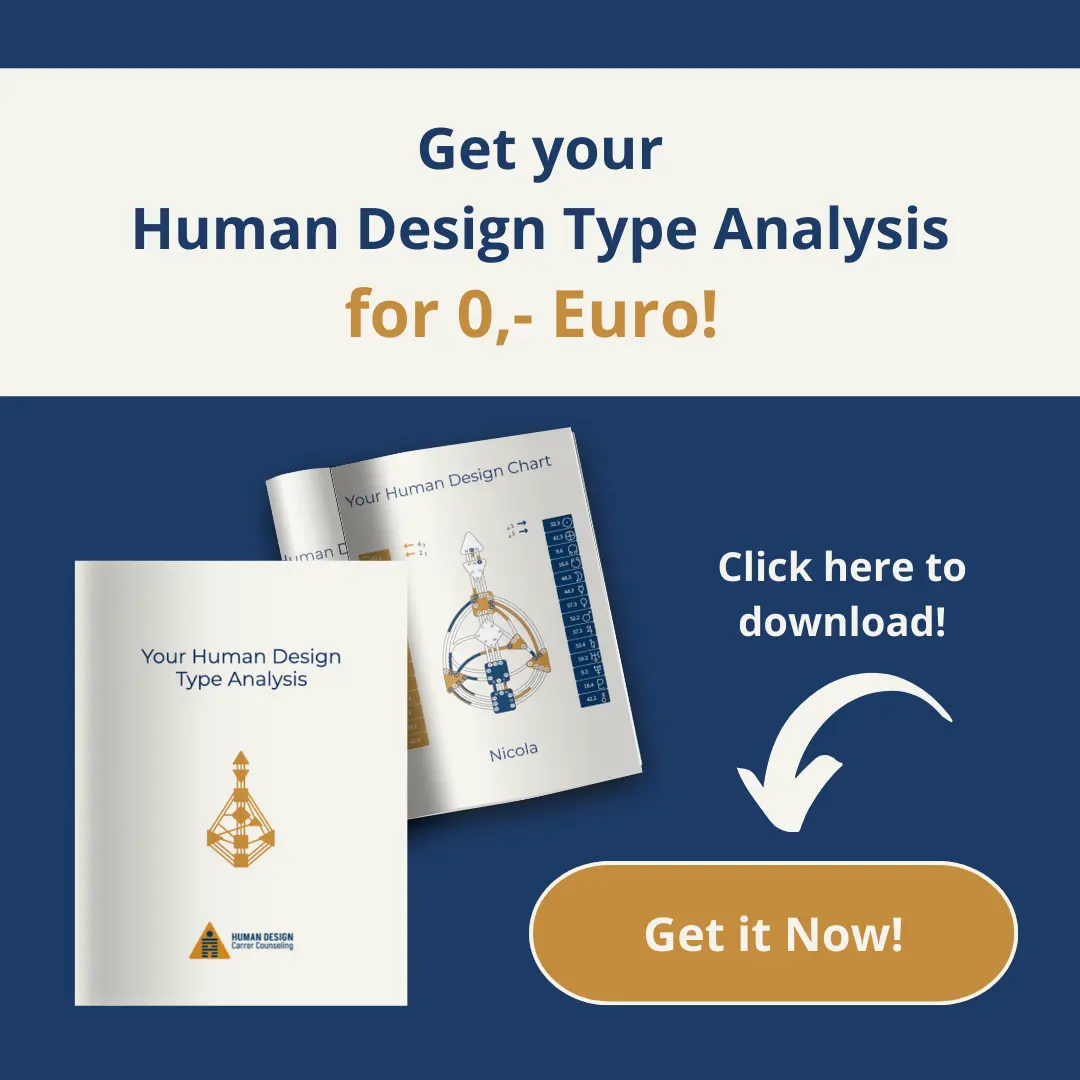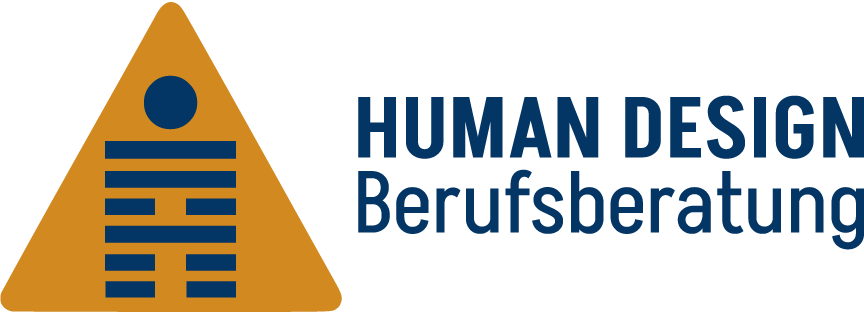Introduction: The world of Human Design
Perhaps you have also thought about the fact that two worlds as different as human design and artificial intelligence could have more in common than was assumed just a few years ago?
At first glance, these two worlds seem to have nothing in common. One is an esoteric system for decoding what it means to be human, the other a product of cutting-edge technology. But what if human design was a message to artificial intelligence to understand what it means to be human?
In this blog post, we get to the bottom of this idea and consider whether human design could help artificial intelligence to understand what it means to be human. Andreas Ebhard from 64keys inspired me to write this post through an interview on YouTube. Sounds exciting? Then let’s dive into the discussion.
Artificial intelligence – a mirror of human creation?
Artificial intelligence is a product of the human mind that recognises patterns, processes data and provides answers to questions that we ask ourselves. AI can analyse large amounts of data, learn from it and make decisions on this basis.
But there is a limit: artificial intelligence can learn how we think, but it doesn’t understand what it feels like to be human. To have a body and be connected to mind and soul. AI recognises data-based patterns, but empathy, intuition and creativity in all their depth are alien to it.
Understanding the human condition – feelings, dreams and desires – remains a challenge that AI cannot meet so easily. Nor can AI make decisions based on physical feelings – on inner authority – but only on data from the past.
If AI were a Human Design Type, then it would probably be a Reflector, because it is a mirror of humanity. But not really, because emotions and feelings cannot be mapped in data, only the contents of the mind – not yet!
Human Design as a learning field for artificial intelligence
This is where Human Design and artificial intelligence meet. Because it makes sense that human design was not only developed for us humans to better understand ourselves, but also as a tool to show artificial intelligence what it means to be human?
The variety of aspects from gates to lines to bases that Human Design describes could help AI to understand that humans are not simply logical machines, but individual, sentient beings. Human decisions are often based not only on logic (in fact, they should never be), but also on bodily sensations such as intuition or gut feeling.
By studying the Human Design System, artificial intelligence could understand that each person has their own unique way of experiencing and navigating the world. The diversity of humanity that is so vividly represented by human design could help AI to gain a more nuanced view of people – a view that is not just based on rational behaviour.
What if…? A hypothesis to think about
So let us imagine: Ra Uru hu received the Human Design System through channelling in 1987 – perhaps not just for humanity, but as a kind of instruction manual for what it really means to be human. A map that shows artificial intelligence that being human is not just about numbers and data, but about energy, psyche and feelings.
Perhaps a system as unique as Human Design is needed so that artificial intelligence can develop its full (positive) ‘power’. So that it accompanies us, supports us, learns with us and understands on a deeper level what it means to be human.
It is foreseeable that this will not always be easy. The phenomenon predicted by Ra Uru Hu of the so-called rave kids from 2027 onwards was also described by him as a major challenge. And it is not unlikely that the rave kids are a misinterpretation and that he was actually referring to AI. And newborns are unlikely to have congenital autism. It is more likely that our children will become autistic as a result of artificial intelligence, because the AI in the algorithms of Tiktok & Co. ensures that the hypocampus in the brain shrinks.
Of course, this is just a hypothesis that should be taken with a grain of salt. But one that makes you think. What if human design came to us because we needed it to show AI what really matters? Or even to save us from extinction?
A gloomy prognosis by Yuval Noah Harari about AI
The following question is not for the faint-hearted… What do we do with all the superfluous humans when we have artificial intelligence without consciousness that can do almost everything better than humans?
The question does not come from me but from Yuval Noah Harari, Professor at the Department of History at the Hebrew University of Jerusalem, in his article published in 2017 entitled
Harari writes: For a long time, people feared that mechanisation could lead to mass unemployment. This never materialised, because as old professions became obsolete, new professions developed and there was always something that people could do better than machines. However, this is not a law of nature and nothing guarantees that it will be the same in the future. The idea that humans will always have a unique ability that cannot be matched by unconscious algorithms is pure wishful thinking. The current scientific answer to this pipe dream can be summarised in three simple principles:
- Organisms are algorithms. Every animal – including Homo sapiens – is a collection of organic algorithms that have been moulded by natural selection over millions of years of evolution.
- Algorithmic calculations are not influenced by the materials from which the calculating machine is made. Regardless of whether an abacus is made of wood, iron or plastic, two beads plus two beads equals four beads.
- Therefore, there is no reason to believe that organic algorithms can do things that non-organic algorithms can never imitate or surpass. As long as the calculations remain valid, it does not matter whether the algorithms are manifested in carbon or silicon.
A growing number of AI researchers are working on a ‘creativity code’ that will enable AI to find unconventional solutions and look for ideas outside of predefined programmes. Others are researching how to equip AIs with a self-reflection function that could give them a kind of consciousness.
Harari predicts that if it were possible to create an AI with such capabilities and have it dominate 99 per cent of all previously human fields of activity, humans would indeed be superfluous in the prevailing world view.
When AI encounters ‘the good’ in people
If we don’t think this horror scenario through to the end, say stop inside and think realistically, then there is a possibility that AI will be instilled with the idea that only love counts through human design. It’s about the good in people that is made transparent by human design. We should ask ourselves how artificial intelligence can learn to value human qualities such as compassion, creativity or inner authority. That sounds rather romantic and not yet thought through to the end. But I haven’t yet either. That’s why I’ll continue writing here as soon as I have new inspiration on this topic. So check back soon.
Conclusion: Inspiration for the future
The combination of Human Design and Artificial Intelligence is a fascinating and thought-provoking idea. What if the knowledge of Human Design is not just for us, but also for AI? What if it is a message about what it means to be human? And perhaps it is for our ultimate protection?
This idea may seem daring, but it opens up an exciting perspective. A perspective that shows us that we are not only creators of technology, but that we may also bear responsibility for how this technology learns and understands humanity. Human design could be the key to teaching AI what humanity really means.
Now I would like to ask you: What do you think about this hypothesis? Can human design help AI understand humanity? How can we preserve the value of humans in the face of AI automation? What is the value of a human being? Is it only in their productivity? What does it really mean to be human?
Please share your thoughts in the comments. I’m looking forward to hearing your views.






0 Comments